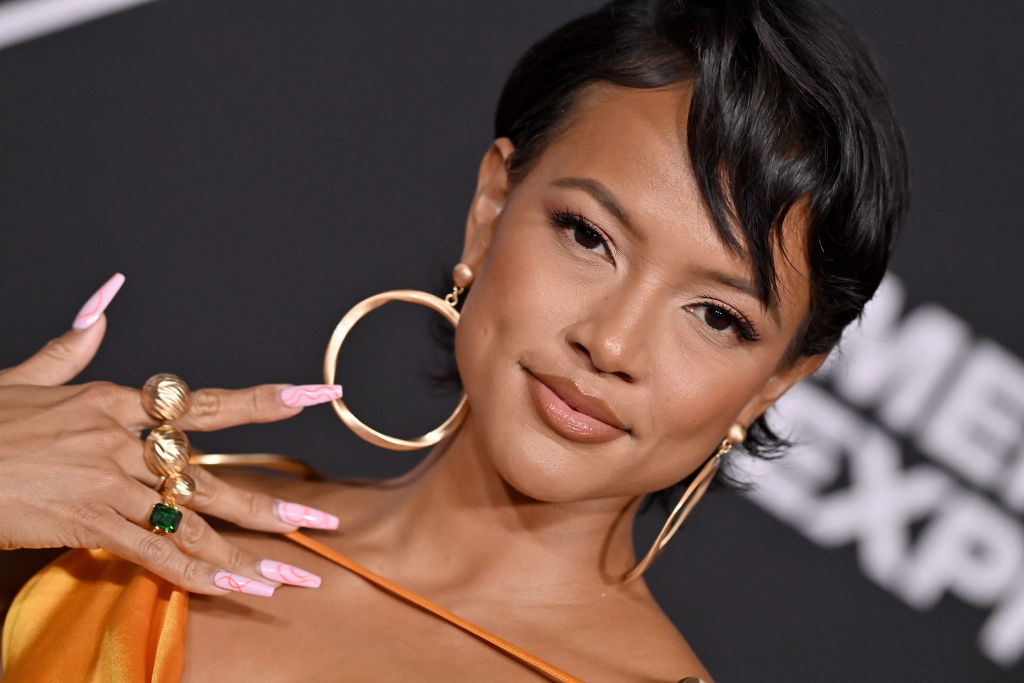Sampling has always been a major part of hip-hop production. Artists like James Brown, Chuck Brown and Melvin Bliss have contributed to a lot classic albums used in the creation of new music. Because of cut backs to music programs at many public schools artists had to use what they had available – their parents’ old records.
Sampling is an art and it has being assaulted by licensing companies. It all started in 1991 with Biz Markie‘s third album I Need A Haircut; Gilbert O’Sullivan sued him for sampling “Alone Again (Naturally).” As a result Warner Bros. had to pull all copies of the album of shelves. From then on all samples had to be cleared with the samples creators.
Artist like Diddy and Dr. Dre have been sued for millions for not getting samples cleared. Interscope Records was hit with a $500 million lawsuit for the Hindi song Dre sampled in “Addictive” from the Truth Hurts album.
As a result producers have had to either find ways around clearing samples or begin producing original material. One method is replaying the sample, which still requires clearance but the process if much easier.
Kanye has done this quite a bit – for his song “All Falls Down” he originally sampled Lauren Hill, but when he couldn’t get that cleared, he got Selena Johnson to sing over the part. The Neptunes have done this a lot as well, even though they don’t sample directly, if you listen closely to their production you can figure out the influences. For example the breakdown of Jay-Z‘s “Frontin’” is a minor rip of Michael Jackson‘s “I Can’t Help It.”
Direct sampling still exists in a lot of music and bigger artists have bigger album budgets that allow them to easily pay for clearance costs. Unfortunately, there are ton of records that have shelved or are left off albums as a result of clearance issues, which really hurts fans of the music.
















